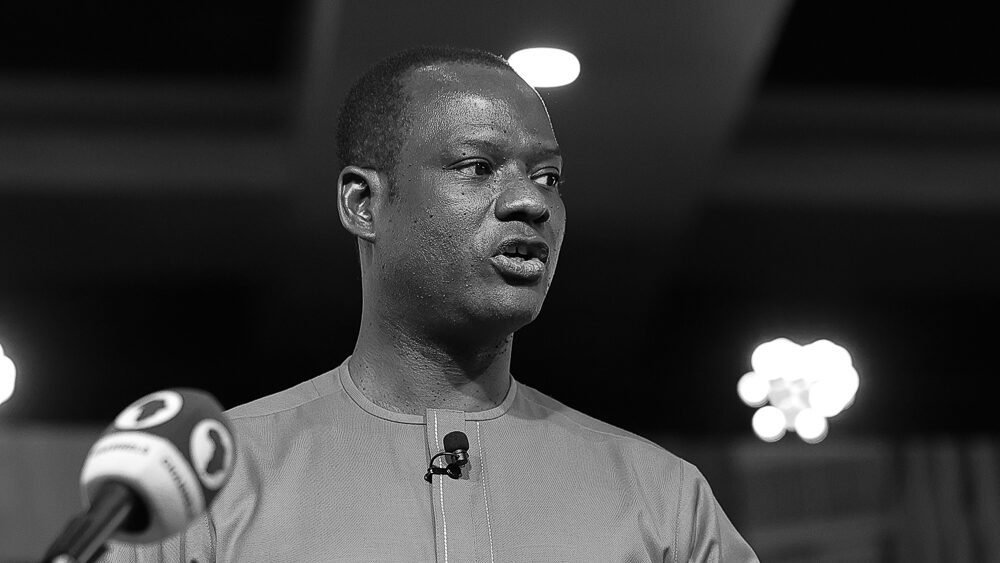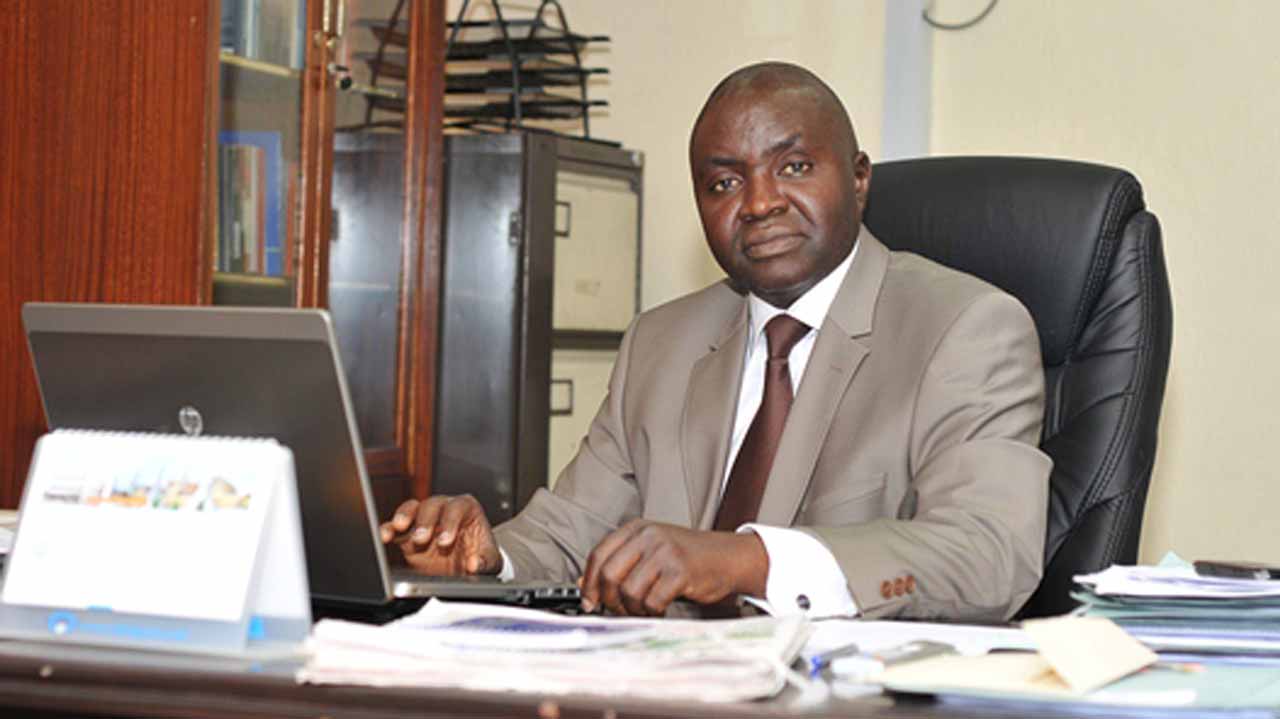Kaduna Peace Model: How Uba Sani’s Non-Kinetic Strategy Turned Fear into Hope
Kaduna Peace Model: How Uba Sani’s Non-Kinetic Strategy Turned Fear into Hope
By Sani Liman Kila
For years, Kaduna’s name struck fear into the hearts of travellers and traders. Once-vibrant local economies in Birnin Gwari, Giwa, Kajuru and Kauru became graveyards of opportunity — haunted by abductions, bloodshed and despair. The old “force-first” method — military raids, aerial bombardments and curfews — brought temporary relief but no lasting peace. Instead, it hardened resentments and deepened the gulf between government and governed.
The numbers told a grim story. By the time the kinetic approach reached its peak, hundreds of innocent civilians had been killed or displaced, thousands of children were out of school, and entire markets had collapsed. The countryside was silenced by fear.
Between 2015 and 2023, Kaduna recorded 1,660 security incidents, resulting in 4,876 deaths. In 2021 alone, 1,192 people were killed, 3,348 kidnapped, and 891 injured. The first quarter of 2022 saw 360 killed and 1,399 abducted — in just three months. In frontline LGAs such as Birnin Gwari, Giwa, Kajuru and Chikun, fatalities ranged between 400 and 800 lives per area over the eight-year period. These were not mere statistics — they were human tragedies that tested Kaduna’s endurance and spirit.
But a new doctrine was on the horizon — one that would upend the conventional wisdom of fighting terror with terror. When Governor Uba Sani assumed office, he refused to accept that Kaduna’s destiny was perpetual conflict. Guided by his conviction that “you cannot bomb peace into existence; you must build it with trust,” he launched what is now widely referred to as the Kaduna Peace Model — a bold non-kinetic approach that is transforming the state’s security landscape and winning back hearts long lost to violence.
A Joint Blueprint: Kaduna Govt and ONSA Rewrite the Script
At the heart of this transformation lies a powerful collaboration between the Office of the National Security Adviser (ONSA) and the Kaduna State Government. Together, they established a joint technical committee made up of stakeholders, social scientists, and local administrators. This team didn’t arrive with tanks or drones — they came with empathy, dialogue and data.
In their first major engagement, 58 captives were released by bandits without a single gunshot. Encouraged by trust-building measures, over 80 more hostages were freed in the following weeks. Today, that number has risen to over 500 captives — all released unhurt, a historic milestone in Kaduna’s long quest for peace.
“The peace we are building in Kaduna is rooted in dialogue, not dominance,” Governor Uba Sani once pointed out.
The Turning Point: Dialogue and Demands
The breakthrough came during the second round of sittings between the ONSA–Kaduna special committee and leaders of the armed groups. It was an unconventional negotiation, but one anchored on realism.
The bandits, weary of endless clashes and displacement, tabled their conditions:
1. Re-opening of local markets;
2. Access to schools for their children;
3. Access to medical facilities — particularly in Birnin Gwari, Giwa and parts of Southern Kaduna.
Rather than dismiss these as mere tactics, the government saw them for what they were — the basic needs of citizens trapped between survival and surrender. Governor Sani swiftly approved the reopening of markets and directed the restoration of normal life in affected communities.
The results were immediate and visible. The once-ghostly corridors of Giwa and Birnin Gwari now bustle with activity. Travellers testify that one can journey through these areas “no matter how late” and still arrive safely — something unthinkable two years ago.
Clerics, Turji and the Wider Context
Separately, clerics led by Sheikh Musa Yusuf (Asadus-Sunnah) publicly disclosed that they had held deep-forest meetings with notorious bandit leader Bello Turji and other commanders.
According to a Vanguard report dated August 5, 2025, the cleric revealed that “32 captives were freed and arms surrendered” after dialogue engagements with Turji.
The Ripples Nigeria follow-up article on August 6, 2025, noted the initial peace gesture also included granting farmers access to fields previously sealed by insecurity.
This reporting matters for Kaduna’s model because it illustrates how local stakeholders and local administartors are creating openings for broader, state-level peace-building: releases, permissions for farmers to return to their fields, and limited disarmament that reduce immediate harms on the ground.
From Bandits to Peacekeepers
Perhaps the most striking evidence of this turnaround is the emergence of repented bandits now acting as protectors of the very peace they once shattered.
In Birnin Gwari, the once-dreaded ‘Jan Bros’ now patrols the same forests that hid his men, ensuring no new threats arise. In Southern Kaduna, a notorious figure known as ‘Yellow 1 million’ has become a mediator and peace advocate, preventing violence from resurfacing.
These conversions may sound improbable, but they are the real, raw fruits of a peace process that dared to engage rather than exterminate. As one security analyst put it, “Kaduna has done what many states only dream of — turning former adversaries into custodians of peace.”
Ongoing Engagement: A Living Model
The Kaduna Peace Model is not a one-off experiment; it’s a living, evolving process. Just last week, the special committee met again — this time with bandit leaders, district heads from Kajuru, Kauru, Kagarko and Kachia, alongside traditional rulers and local government chairmen. The meeting, chaired by Asadus-Sunnah, focused on consolidating existing gains and preventing any relapse.
This continuity — of dialogue, trust and surveillance — distinguishes Kaduna’s approach from earlier, short-lived peace efforts elsewhere in Nigeria.
Economic Rebirth: When Peace Pays Dividends
Peace has begun to yield tangible rewards. Farming in Giwa and Birnin Gwari and Southern Kaduna is at its most productive in years. Cattle trading, once crippled by fear, has roared back to life — with 20 to 30 trucks of cattle now plying routes that were sealed off by insecurity for decades.
The revival of commerce is not just economic; it’s symbolic — a reflection of dignity restored.
“Every reopened market is a victory over fear,” Governor Sani declared. “Every child back in school is proof that dialogue can defeat despair.”
The African Parallel: Peace Beyond the Gun
Kaduna’s model resonates far beyond Nigeria. Across Africa, nations have grappled with the futility of purely military solutions. From the Niger Delta Amnesty Programme to Rwanda’s post-genocide reconciliation and Uganda’s talks with the Lord’s Resistance Army, the lesson is the same: lasting peace is never born from the barrel of a gun — it is cultivated through inclusion, empathy and justice.
Governor Uba Sani and the ONSA team have localized this wisdom. Their approach demonstrates that soft power, guided by trust and backed by policy, can reclaim even the most hardened terrains.
Why the Kaduna Model Works
Three core principles underpin the Kaduna Peace Model:
1. Shared Ownership : Peace is co-created by communities, not dictated from government offices. Traditional rulers, youth, women, and security agents sit at the same table.
2. Socio-economic Inclusion : Reviving markets, schools and clinics removes the oxygen that fuels insurgency.
3. Trust through Consistency : Dialogue is ongoing, not episodic. ONSA’s involvement ensures institutional memory and continuity across agencies.
These principles align with public observations by National Security Adviser Nuhu Ribadu, who, in an interview with Channels TV on July 29, 2025, praised the unified non-kinetic strategy and confirmed that “hundreds of captives have been freed nationwide through coordinated peace-focused interventions.” Ribadu also noted that the “red-line now is credible intelligence, community involvement and permanent disengagement” rather than simply raids and arrests.
The Road Ahead
Even if sporadic threats still exist, the foundations of peace in Kaduna are firmer than before. Governor Uba Sani remains resolute: “We are not declaring victory; we are declaring commitment. Every day we sustain this peace is a day closer to permanent stability for our people.”
His words now echo across the once-desolate valleys of Birnin Gwari, other parts of Southern Kaduna and Giwa — places where gunfire has given way to the laughter of children and the hum of commerce.
Finally: A Lesson for Nigeria and Africa
The Kaduna Peace Model stands as living proof that even in Nigeria’s most volatile corridor, peace can be brokered through dialogue and sustained through development. It affirms a simple but profound truth — security without humanity is insecurity in disguise.
By partnering with the Office of the National Security Adviser, Governor Uba Sani has shown that the war for peace is not won in forests or airstrikes, but in hearts willing to forgive, leaders ready to listen, and communities bold enough to rebuild.
In Kaduna today, the guns are quieter, the roads are open — and hope is audible again.
•Malam Sani Liman Kila is Chief of Staff to the Governor of Kaduna State
By Sani Liman Kila For years, Kaduna’s name struck fear into the hearts of travellers and traders. Once-vibrant local economies in Birnin Gwari, Giwa, Kajuru and Kauru became graveyards of





